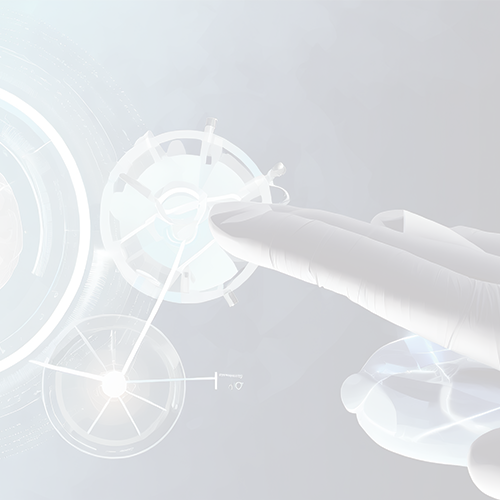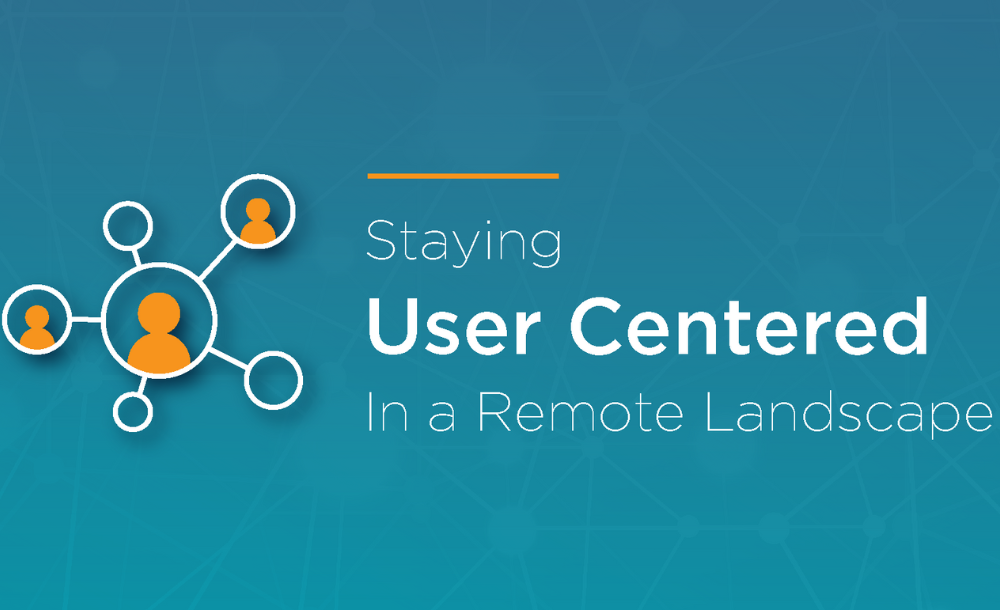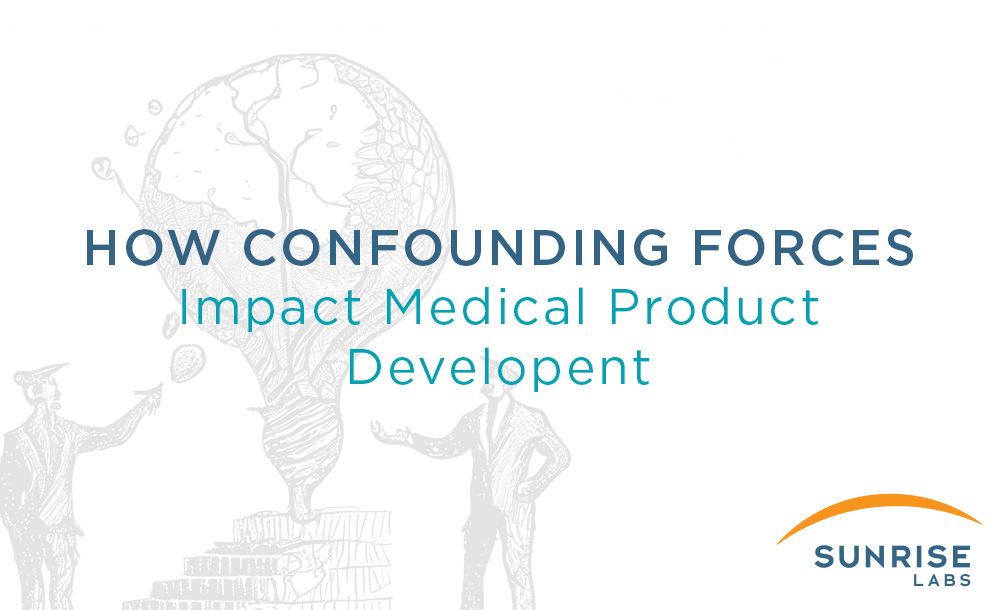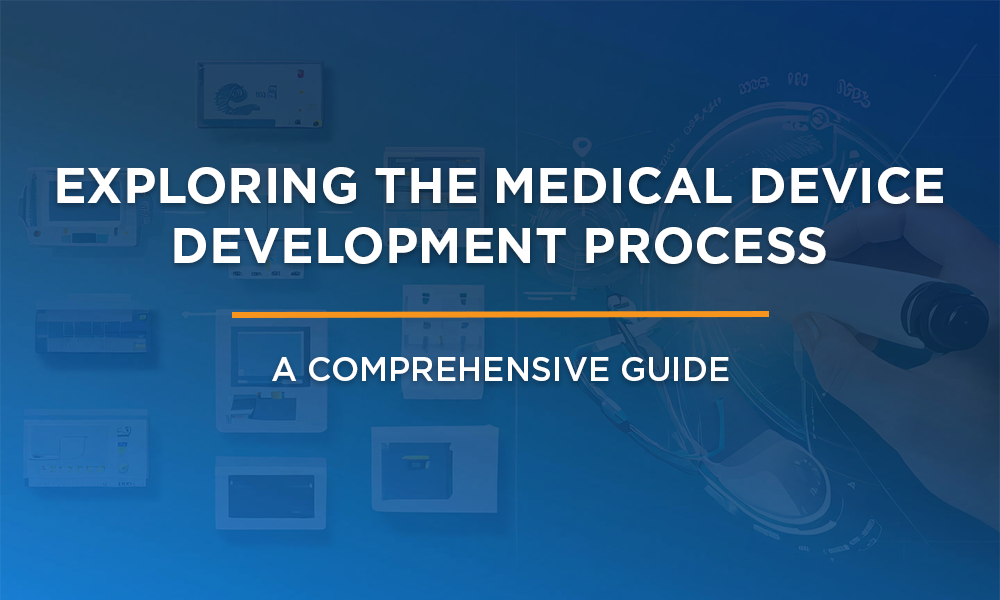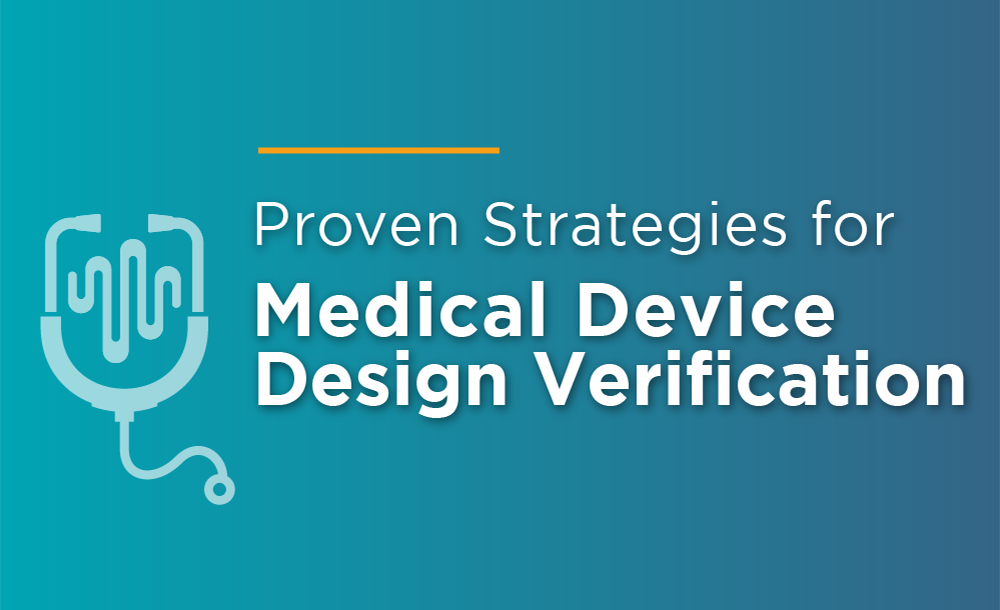We have transitioned into an unprecedented landscape of social distancing and remote work, and Sunrise Labs recognizes that this can be a very difficult time for many companies, including those working on life-changing medical devices. We care deeply about helping you bring products to market, and there’s no better reminder than a global epidemic to keep us motivated and energized to make progress.
We are all discovering that some of our normal work practices may or may not be well-suited for a remote working infrastructure. Similarly, some Human Factors Engineering activities can be completed remotely, while others (in-person usability testing, for example) cannot. Our User-Centered Design (UCD) Team is very well aware of this reality. In fact, we just postponed an in-person usability study that was scheduled to begin this week, to evaluate the usability of a system with hardware and software components.
As medical device developers, we know the show must go on. We recognize the need to continue advancing medical technology and improve the lives of patients across the globe.
The good news is that there are so many Human Factors activities that can still be done to keep your company moving forward. Maintaining a user-centered mindset at the core of medical device development, even in these difficult times, will deliver the life-changing outcomes our patients need.
Here are some suggestions for Human Factors activities you can still act on.
Primary Generative Research
helps strengthen your understanding of users, use environments, and known use-related issues with similar products on the market. Web-based interviews (both 1-on-1 or groups) with representative product users are a powerful tool to help you understand user needs, develop user profiles, write use cases, or generate user stories.
Secondary Generative Research
helps you generate design requirements and inputs, and provides content for the required Known Problems Analysis for your Human Factors / Usability Engineering file. Research activities might include:
- FDA MAUDE Database search and synthesis
- Literature review of reports related to similar products/systems
- Evaluation of internal use-related complaint data (if available and provided)
Use-Related Risk Analysis
to refine the risk profile of your system, particularly as it relates to user interactions. Activities might include:
- Group brainstorming sessions for potential use errors
- Task analysis
- PCA analysis
- Use Error FMEA development
- Workshops to guide your team through any of the activities listed above
Remote Usability Testing
of software systems or components. We can conduct web-based usability test sessions of your software-based systems and prototypes and gather feedback that is just as valuable and actionable as in-person usability test findings.
Expert Analyses
to evaluate your product’s current user interface. Turnaround on these activities can be quite short compared to usability testing but can be just as actionable and valuable for your team. Our UCD experts use their system-level thinking to perform:
- Heuristic Analyses by evaluating your design against predefined principles (also known as heuristics) and identifying gaps in alignment with these principles.
- Expert Reviews by evaluating your design against best practices for ensuring safety and effectiveness, based on our experience with other medical devices and product development backgrounds.
FAQ’s
1. Why is user-centered design important for medical devices, even during a pandemic?
User-centered design (UCD) ensures that medical devices are usable, safe, and effective for the people who will be using them. This is especially important during a pandemic when delays in bringing new medical devices to market can have a significant impact on patient care.
2. What are some of the challenges of conducting UCD activities remotely?
- Some activities, such as in-person usability testing, cannot be done remotely.
- Remote communication can be less effective than in-person communication.
3. What are some UCD activities that can be done remotely?
- Primary generative research: conducting web-based interviews with users
- Secondary generative research: searching the FDA MAUDE Database, conducting literature reviews, evaluating internal complaint data
- Use-related risk analysis: brainstorming potential use errors, conducting task analysis, developing use error FMEAs
- Remote usability testing: testing software systems or prototypes using web-based tools
- Expert analyses: conducting heuristic analyses and expert reviews
4. What are the benefits of remote usability testing?
Remote usability testing can be just as valuable and actionable as in-person testing, and it can often be completed more quickly.
5. What are some of the benefits of expert analyses?
Expert analyses can be a quick and cost-effective way to identify usability problems with a medical device.
6. What are heuristic analyses and expert reviews?
- Heuristic analyses evaluate a design against predefined principles to identify usability problems.
- Expert reviews evaluate a design against best practices for ensuring safety and effectiveness.
We are committed to helping our clients make progress. If you’re struggling with determining how to move forward with your project, reach out! Sunrise’s UCD Team is happy to help you solve these challenges. We are all in this together as we move forward to continue serving your end users.


